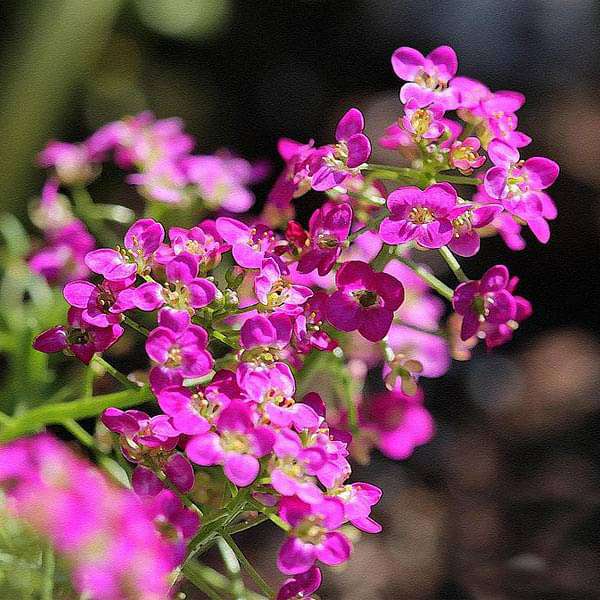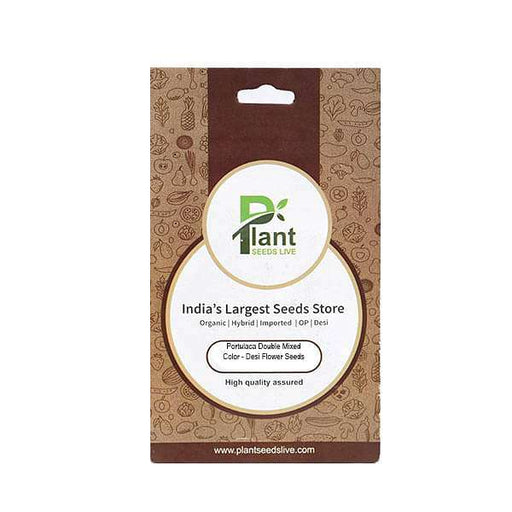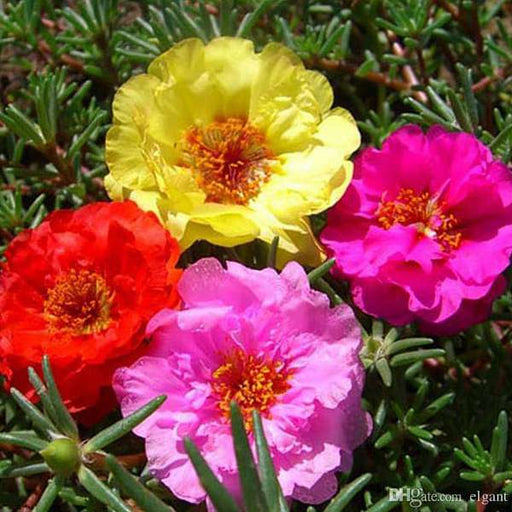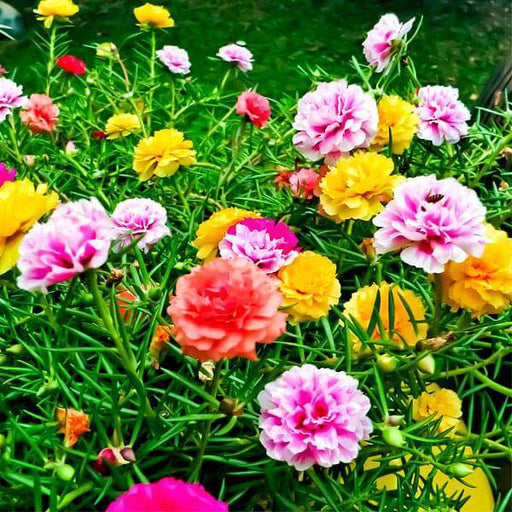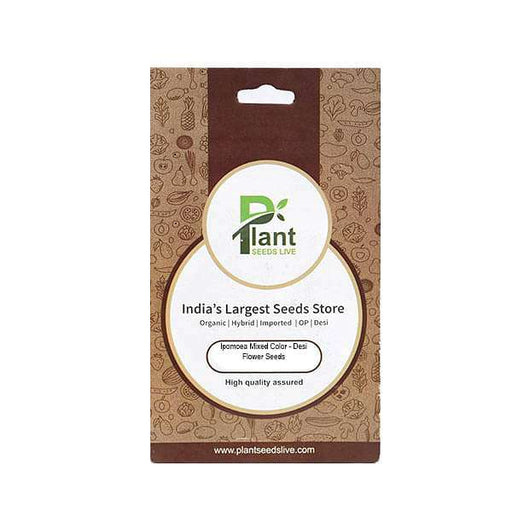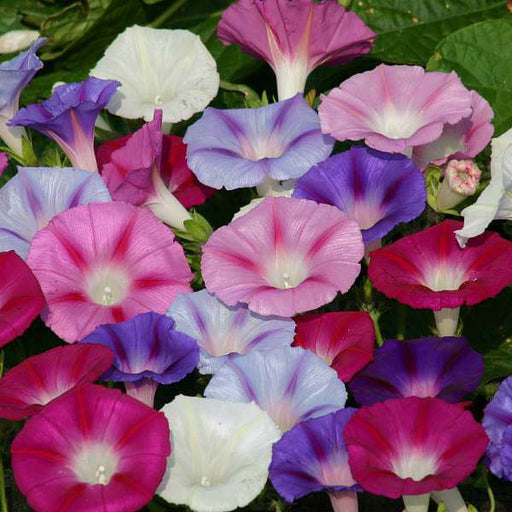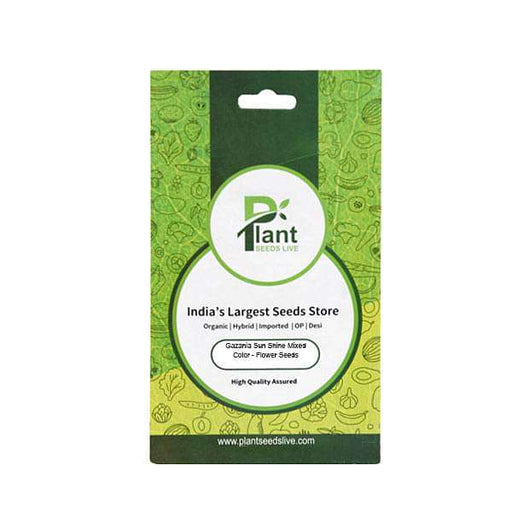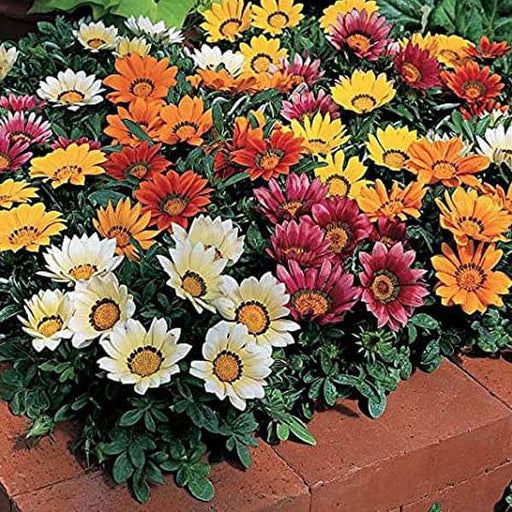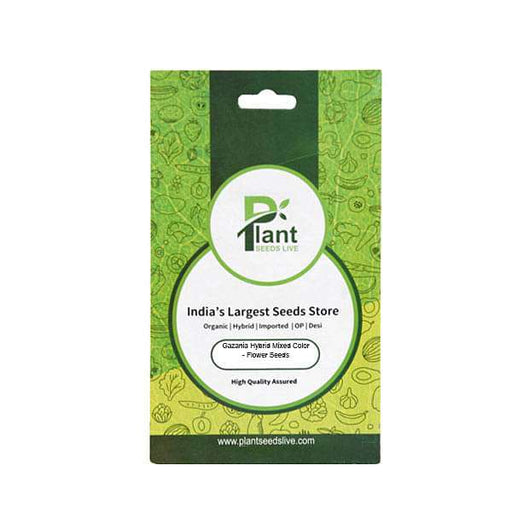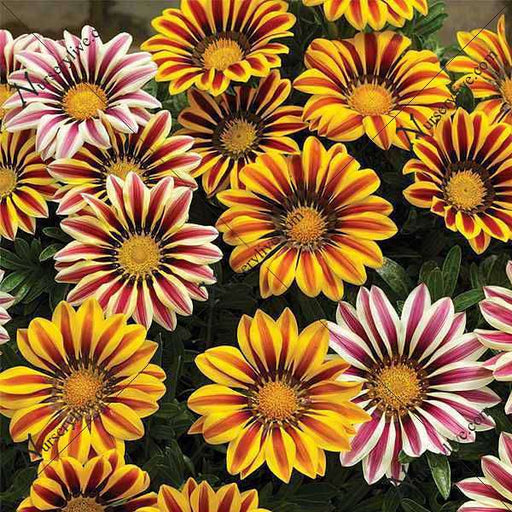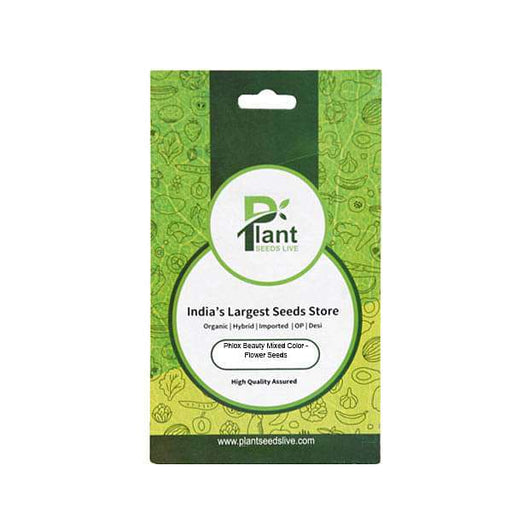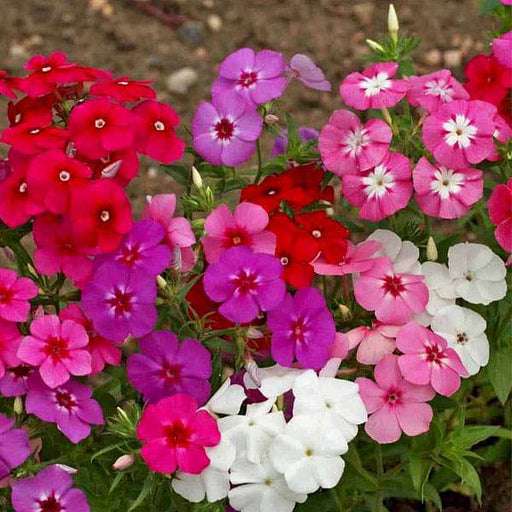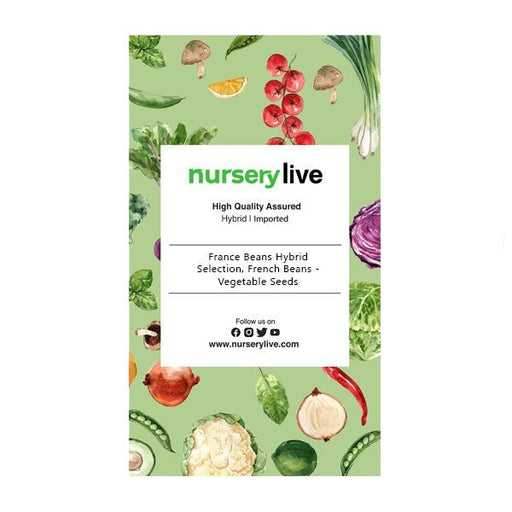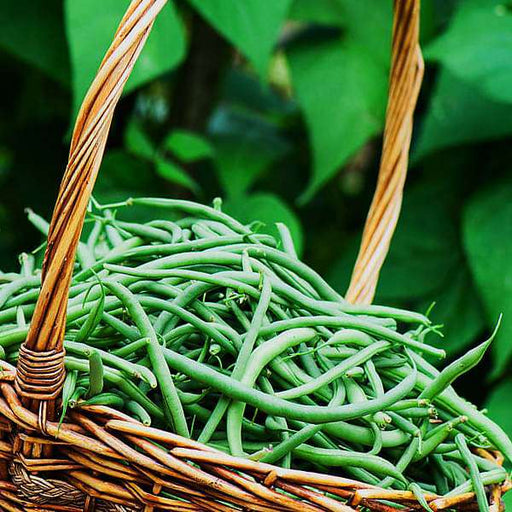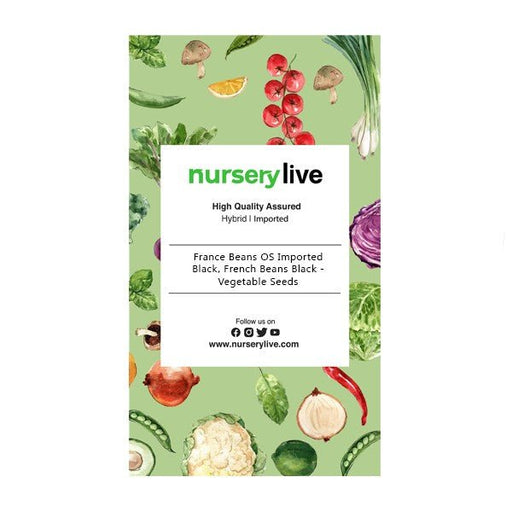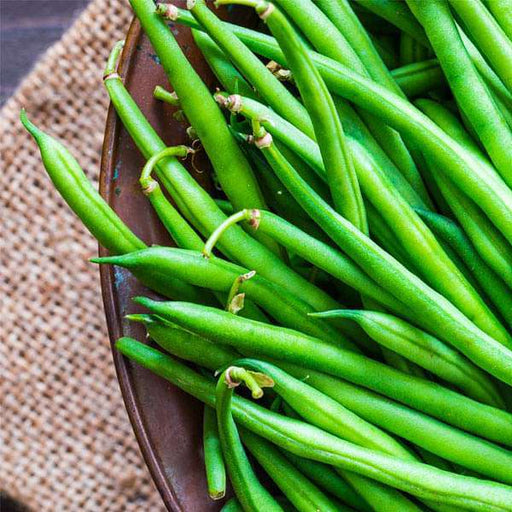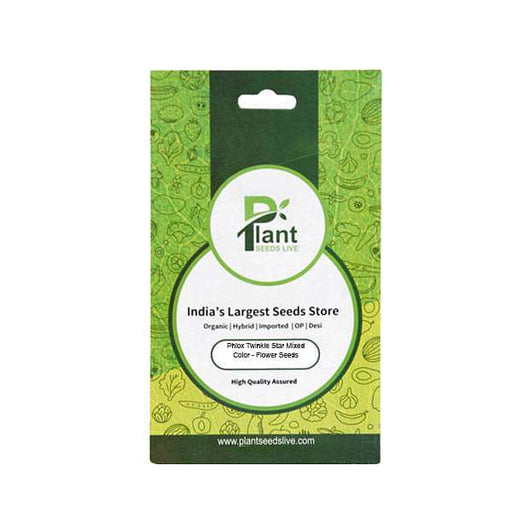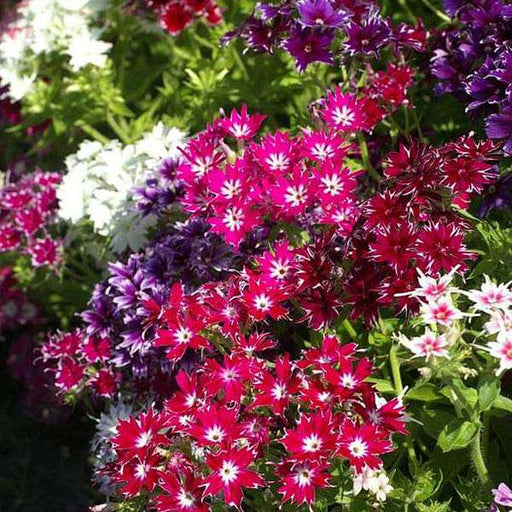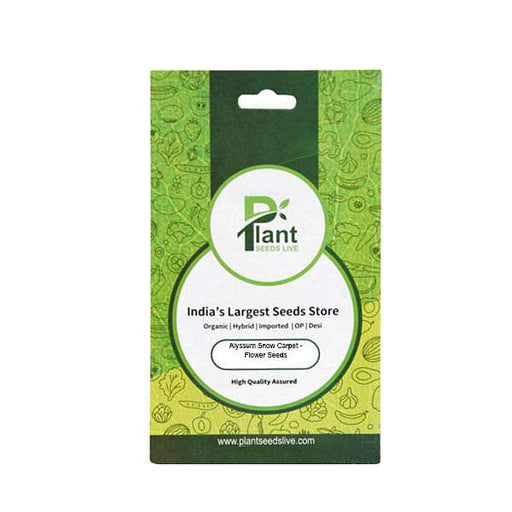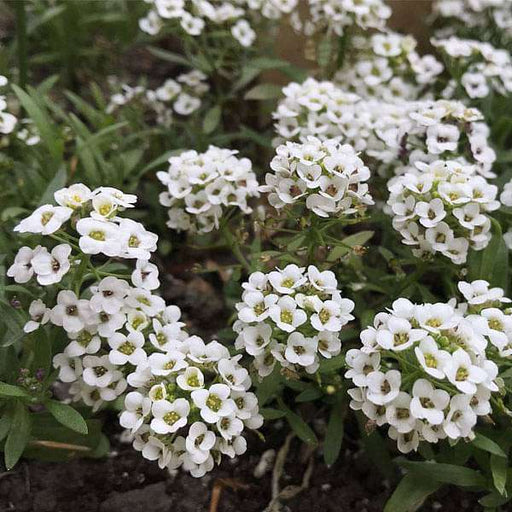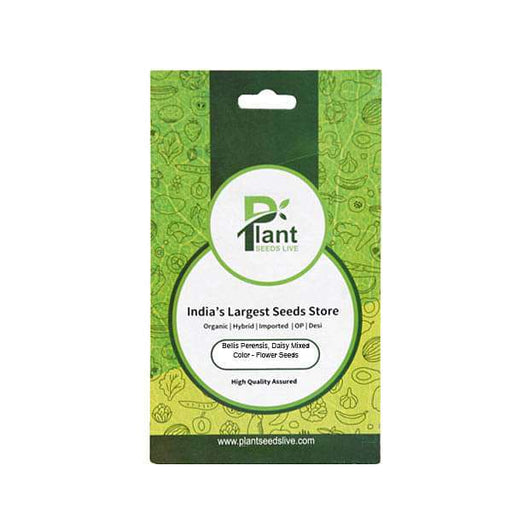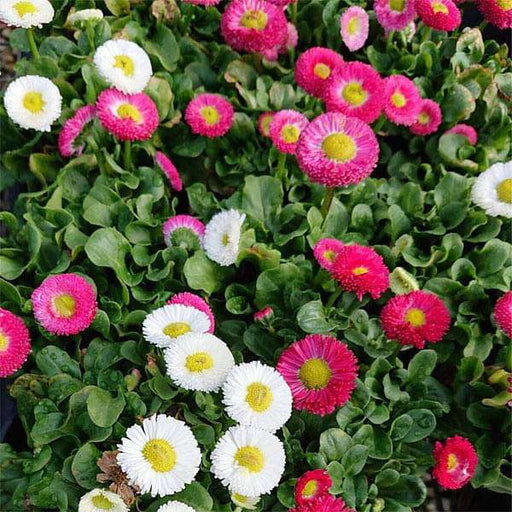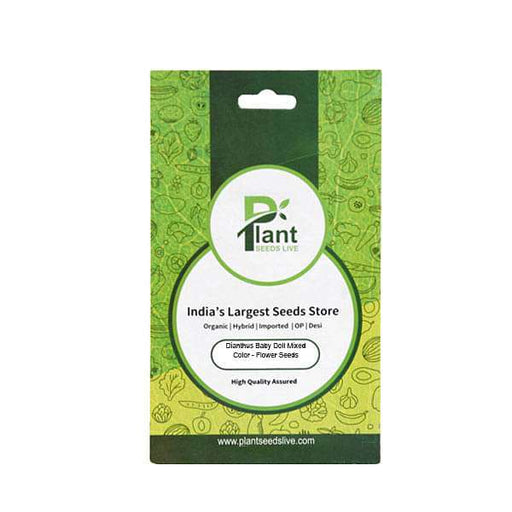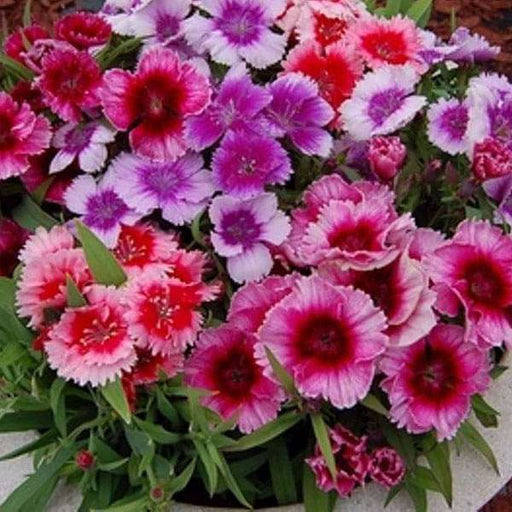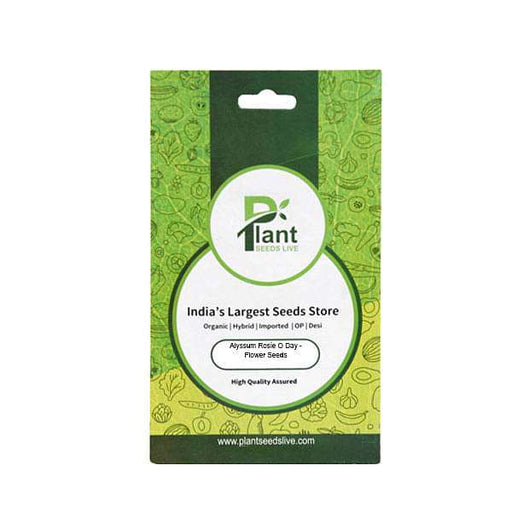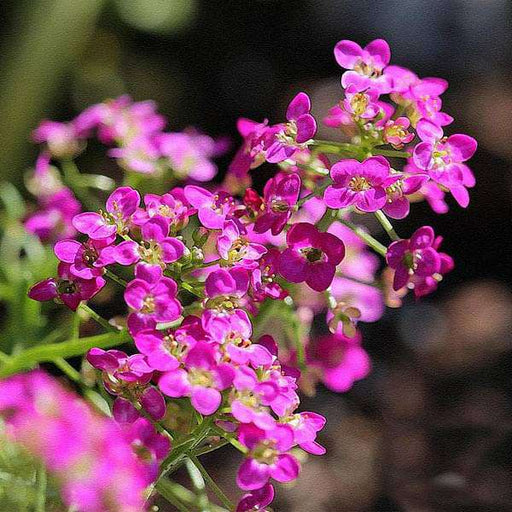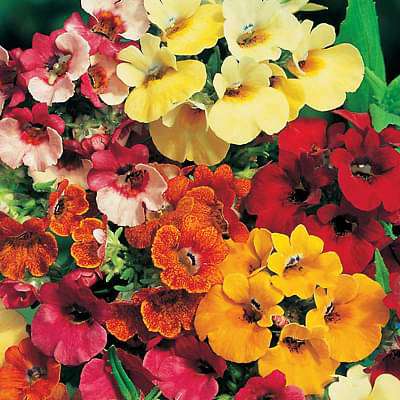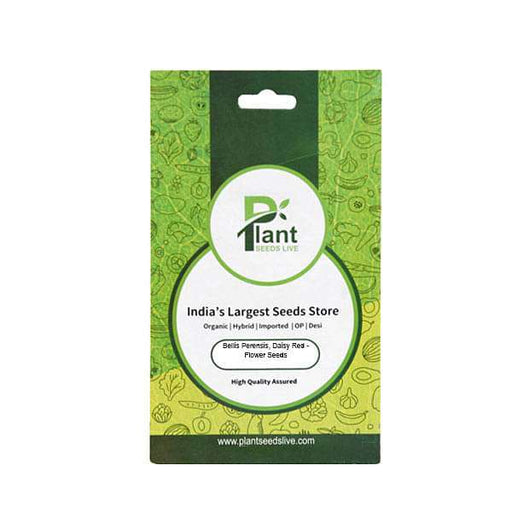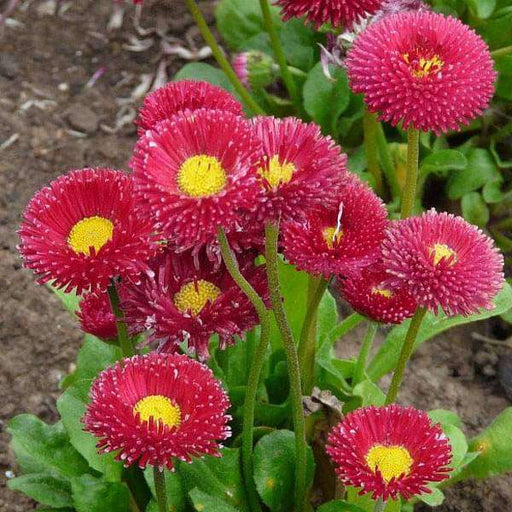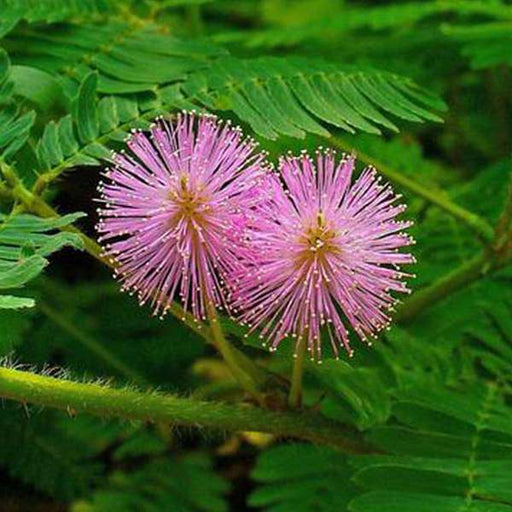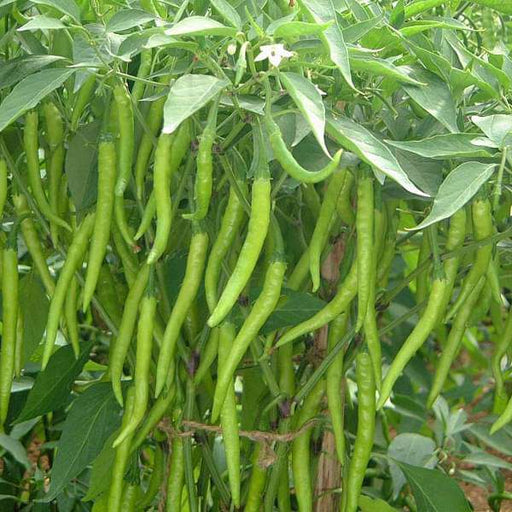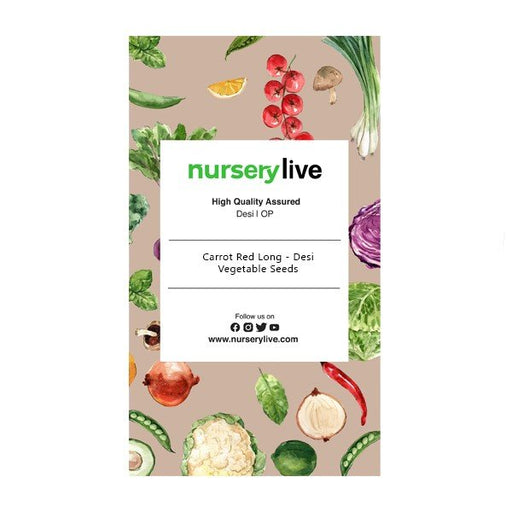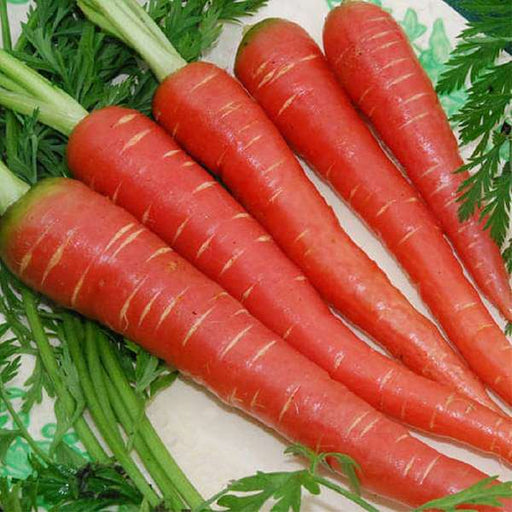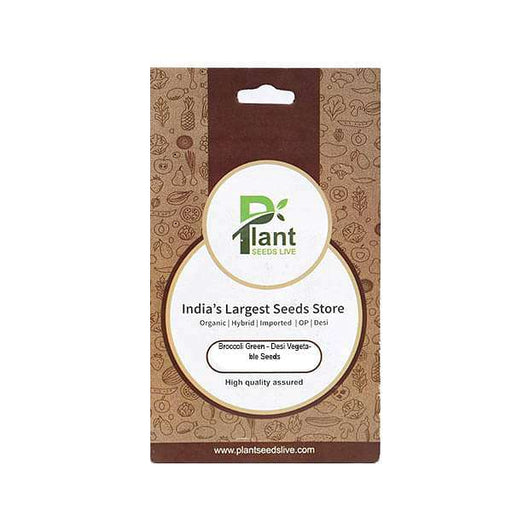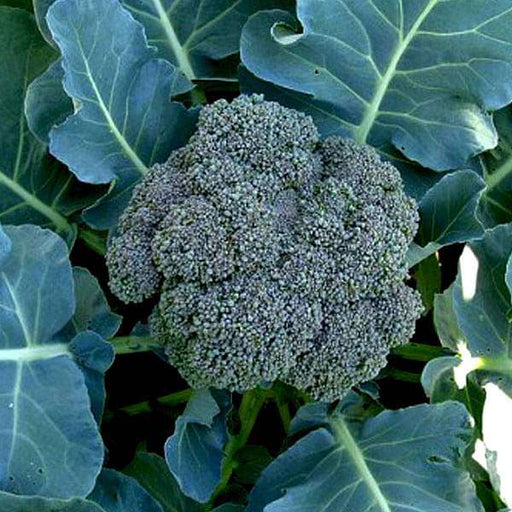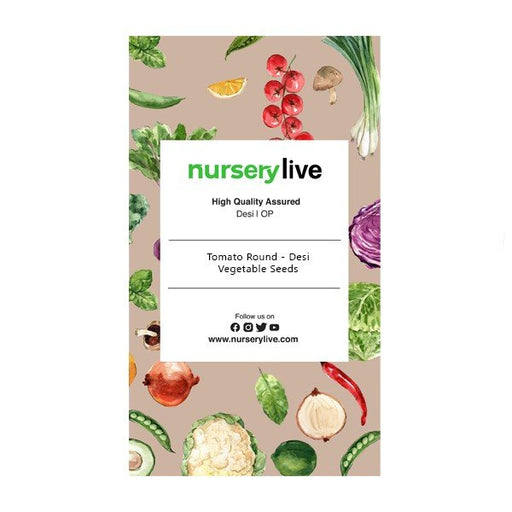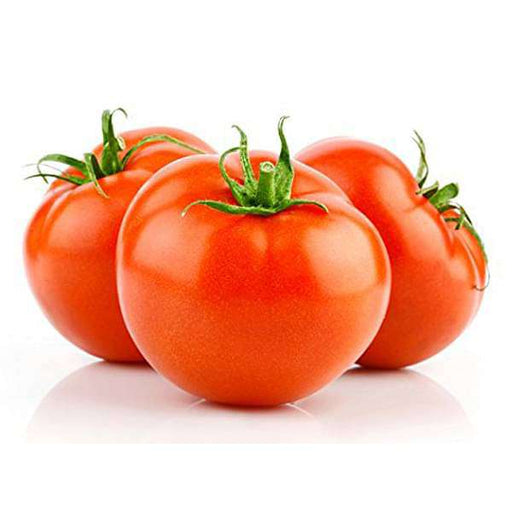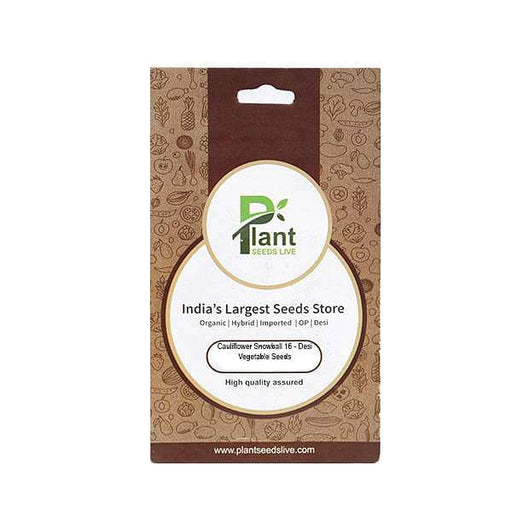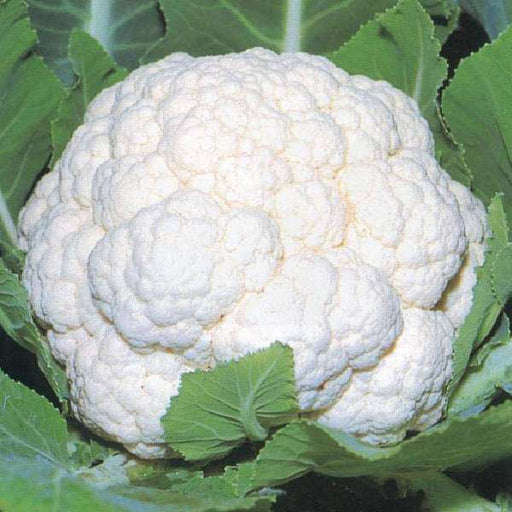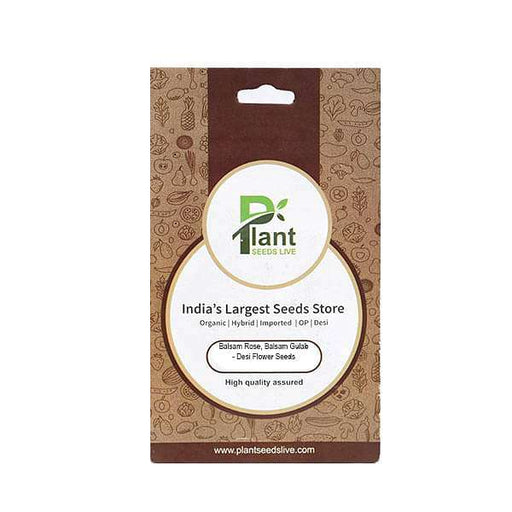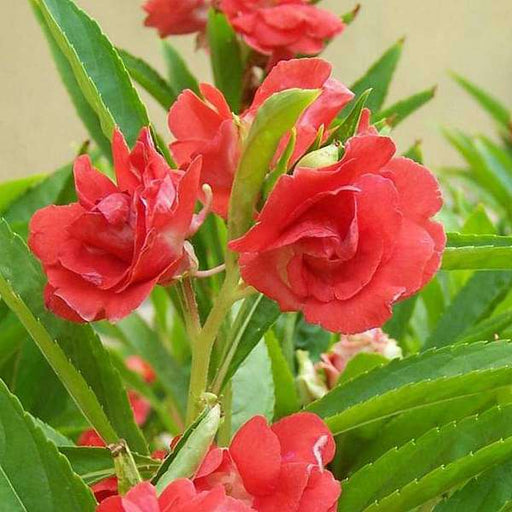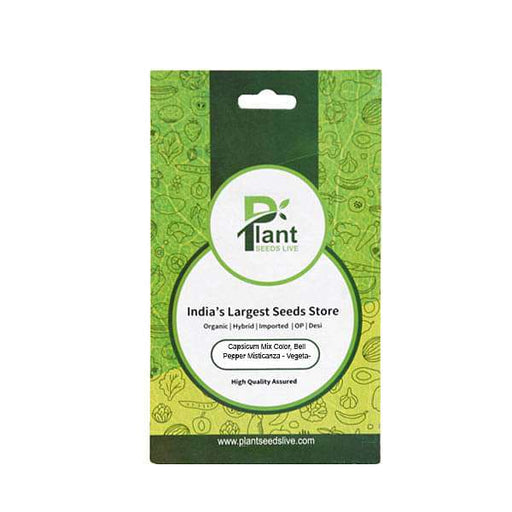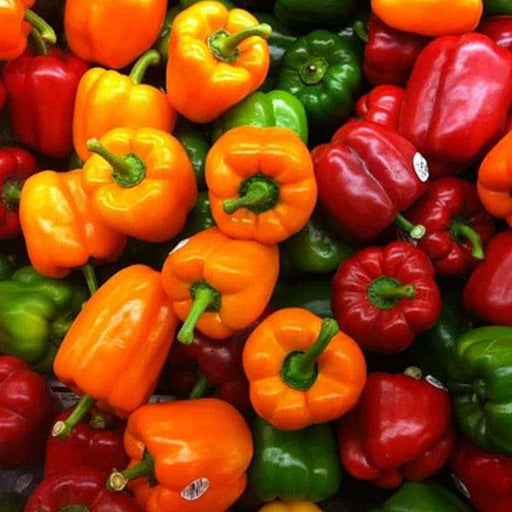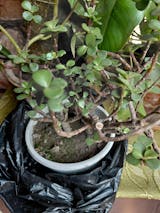Perennial ground cover seeds
Looking for a long-lasting ground cover solution? Check out our selection of perennial ground cover seeds, perfect for creating a low-maintenance, beautiful landscape.
Shade-tolerant ground cover seeds
Not all ground cover plants can handle full sun. If you're looking for a solution for a shady area, consider our shade-tolerant ground cover seed options.
Flowering ground cover seeds
Add a pop of color to your landscape with our selection of flowering ground cover seeds. These plants not only look beautiful but also provide important benefits for local pollinators.
Drought-tolerant ground cover seeds
Living in a dry climate or just want a low-maintenance option? Check out our selection of drought-tolerant ground cover seeds, perfect for surviving in even the toughest conditions.
Low-growing ground cover seeds
Need a ground cover that won't take over your entire yard? Our low-growing ground cover seeds are the perfect solution for keeping things under control.
Fragrant ground cover seeds
Add a delightful scent to your landscape with our selection of fragrant ground cover seeds, perfect for attracting pollinators and creating a relaxing atmosphere.
Native ground cover seeds
Looking for plants that are well-suited to your local ecosystem? Check out our selection of native ground cover seeds, which are adapted to thrive in your area.
Sun-loving ground cover seeds
For those areas that get plenty of sun, we offer a variety of sun-loving ground cover seeds that can handle the heat and keep your landscape looking great.
Edible ground cover seeds
Why not make your ground cover work double duty by choosing an edible variety? Our selection of edible ground cover seeds includes options like strawberries, creeping thyme, and more.
Fast-growing ground cover seeds
Need to cover a large area quickly? Our selection of fast-growing ground cover seeds can help you achieve a beautiful landscape in no time.
Ground cover seeds for erosion control
Prevent soil erosion and add beauty to your landscape with our selection of ground cover seeds specifically chosen for their erosion control properties.
Ground cover seeds for sloped areas
If you have a sloped area in your yard, our selection of ground cover seeds can help prevent soil erosion while adding beauty to the landscape.
Ground cover seeds for full sun
Our ground cover seeds for full sun are specially chosen for their ability to thrive in hot, sunny areas.
Ground cover seeds for dry shade
Looking for a ground cover solution for a dry, shady area? Our selection of ground cover seeds for dry shade can help you find the perfect plants.
Ground cover seeds for wet areas
If you have a wet area in your yard, our selection of ground cover seeds for wet areas can help you find plants that can handle the moisture.
Ground cover seeds for bees
Looking to attract more bees to your yard? Our selection of ground cover seeds for bees includes plants that are known to be popular with these important pollinators.
Ground cover seeds for butterflies
Add some fluttering friends to your landscape with our selection of ground cover seeds for butterflies, including plants that are known to attract these colorful insects.
Ground cover seeds for low traffic areas
For areas with less foot traffic, our selection of ground cover seeds for low traffic areas can help you find the perfect plants that won't get trampled.
Ground cover seeds for rock gardens
Looking to add some greenery to your rock garden? Our selection of ground cover seeds for rock gardens includes plants that can thrive in this unique environment.
Shade-Tolerant Ground Cover Plants
If you have a shady spot in your garden that needs some sprucing up, consider planting some shade-tolerant ground cover plants. These plants are able to thrive in areas with less direct sunlight, and they can help to prevent erosion and suppress weeds. Some great shade-tolerant ground cover plants include hostas, ferns, and vinca.

